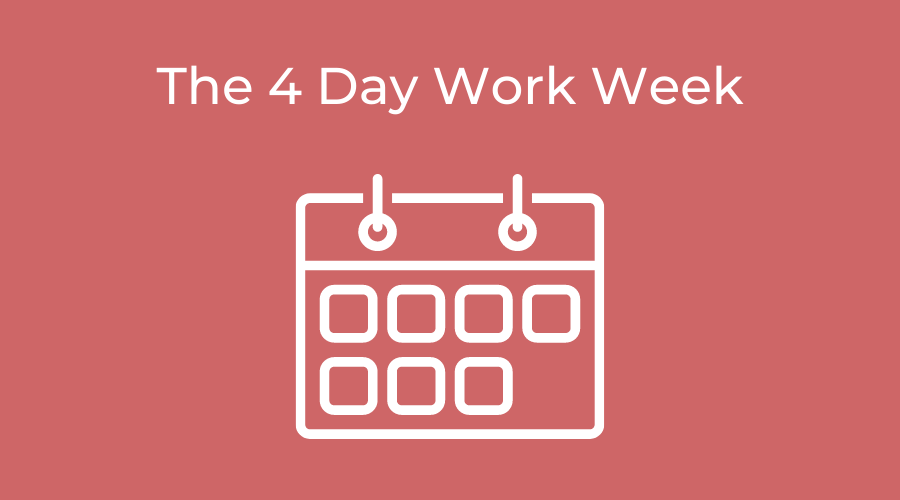
4 Day Work Week Gaining Steam
The 4 day work has long been a dream of many workers. It provides more rest and more attention to the personal lives of employees, so they’re more invigorated to be more successful and driven to make the company succeed. Some studies even say that it’s been proven to be effective in not only maintaining productivity, but improving it.
According to new research from Qualtrics, nearly all U.S. employees (92%) say they want a four-day work week, citing improved mental health and increased productivity as the perceived benefits. 74% of workers said they would be able to complete the same amount of work in four days, but work longer hours on those days. See the full study results here.
The idea is even seeping into the restaurant industry. NYC restaurant company DIG has introduced it to its workforce. According this story on fast Company: “In an industry where it’s common to work unpredictable shifts—and where workers also often have to take a second job to make enough money to survive—Dig was already unusual in that it offered 40-hour weeks. To keep the same number of hours, workers who chose to switch to the four-day week had to change to 10-hour days. Unlike a fast-food restaurant, Dig’s food requires a lot of prep work, so long shifts make sense.”
4 Day Work Week is About Flexibility
In today’s competitive labor market, flexibility over when they work is among workers’ most common requests. Ultimately, increased flexibility beats out a set four-day work week for more employees. When asked to choose between the two, 47% say they’d prefer a four-day work week, compared to 50% who would rather have increased flexibility to work when they want.
Here’s what else it brings to the table;
- 79% of U.S. employees say a four-day work week would improve their mental health; 82% say it would make them more productive
- Only 38% say a four-day work week would encourage employees to slack off, compared to 60% who say it wouldn’t.
Despite the popularity of the idea, many employees fear a shorter work week could have a negative impact on the company’s bottom line and relationships with customers. Forty-six percent believe a four-day work week would have a negative effect on sales and revenue, and 55% say a shorter work week would frustrate customers.
“What employees really want and expect is the flexibility to adjust their work schedules to fit the demands of their lives. In today’s new world of work, successful companies will set aside antiquated assumptions about what productivity looks like and listen to employees, so they can offer the flexibility that meets their individual needs,” said Benjamin Granger, Ph.D., head of employee experience advisory services at Qualtrics. “While there is increasing momentum around the idea of working four days a week, employees are willing to acknowledge the associated tradeoffs — like working longer hours or potentially frustrating customers.”
Recruiting with a 4 Day Work Week
When it comes to recruiting and retaining talent, however, employees are confident that a four-day work week would be beneficial. Employees say a four-day work week is the number one thing that would influence them to stay at a company longer — even more than unlimited vacation or paid mental health days. Eighty-one percent say a four-day work week would make them feel more loyal to their employer, and 82% say it would help their company with recruitment. More than a third (37%) would even be willing to take a 5% pay cut or more in exchange for recurring three-day weekends.
As a former corporate recruiter I can easily say this would be a huge carrot to dangle in front of candidates. Don’t be surprised to hear about more 4 day works weeks in the news over the next few years.


